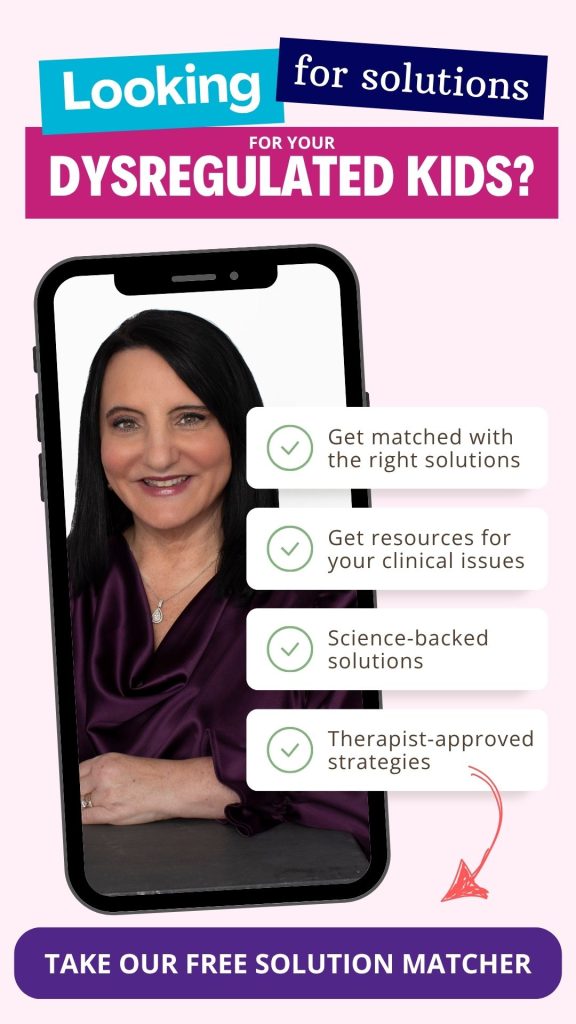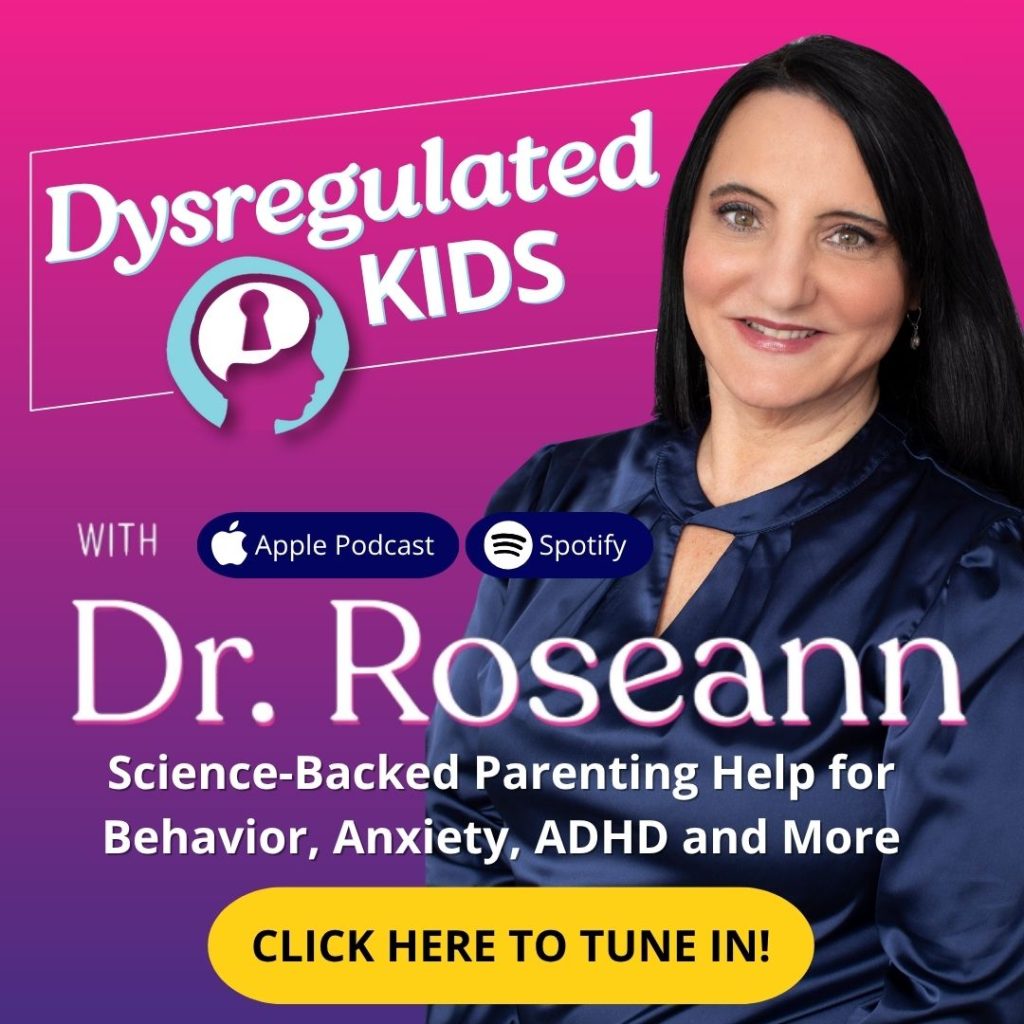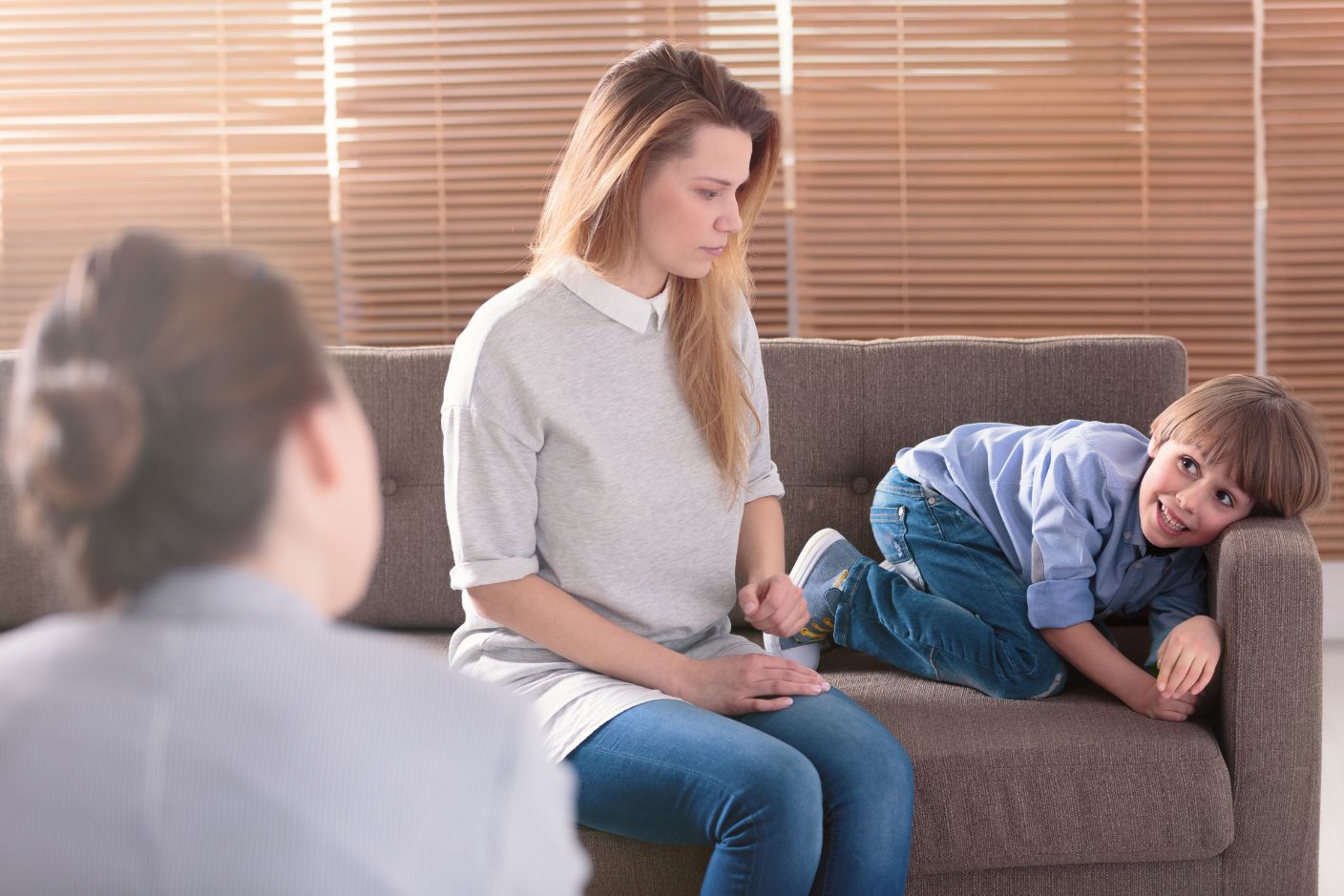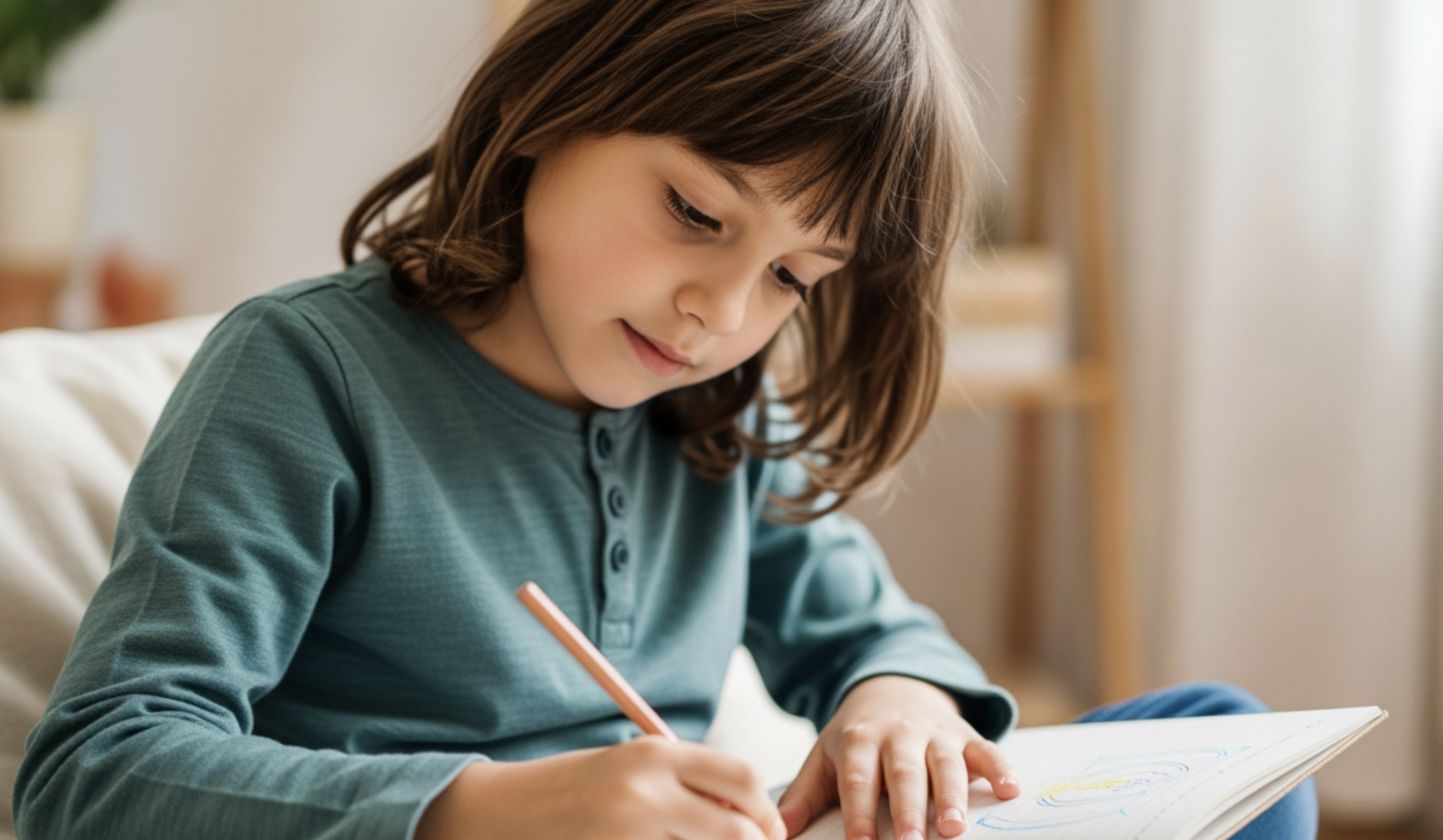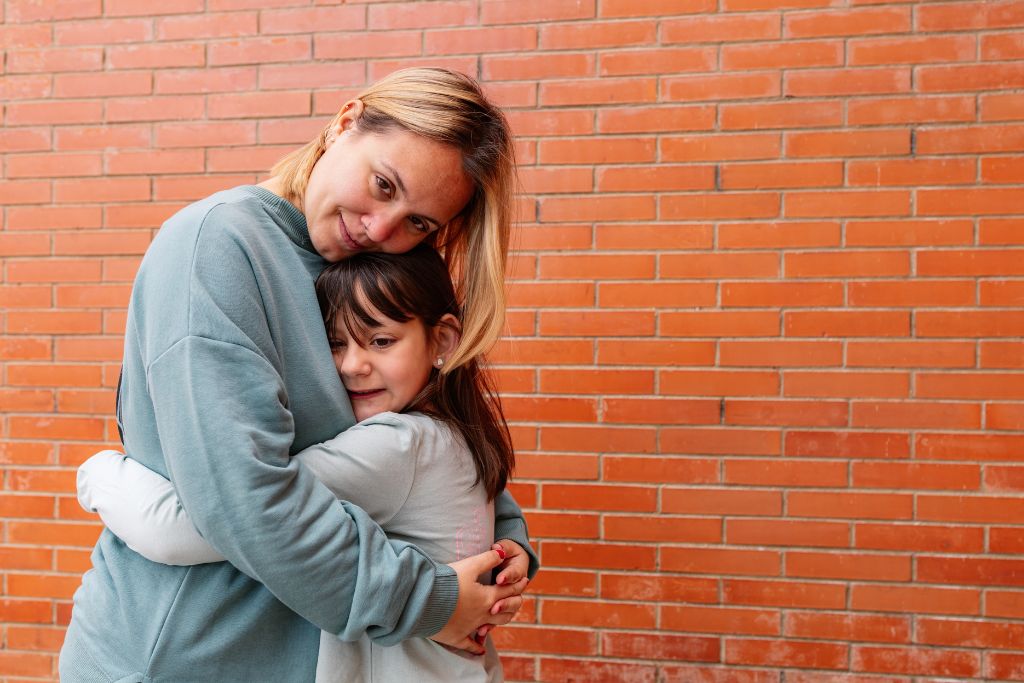
Estimated reading time: 6 minutes
If your child melts down around grandparents or struggles to stay regulated during family gatherings, you’re not alone.
Dysregulation and extended family relationships can be a tricky mix—especially when others don’t fully understand what your child needs.
This blog will help you understand why these moments happen, how they affect family dynamics, and what you can do to protect your child’s regulation while building more supportive relationships.
What is emotional dysregulation and how does it affect extended family dynamics?
When a child cannot manage intense emotions like anger, fear, anxiety, or overwhelm, we call it emotional dysregulation—a reality for many kids with ADHD, ASD, anxiety, OCD or mood challenges. This amplifies tensions in extended family settings because:
- Family expectations may clash with a dysregulated child’s needs
- Repetitive conflict or misunderstandings erode trust
- Miscommunication among relatives can fuel judgment rather than support.
https://youtu.be/TxzT3LD2fUQ
How can grandparents or relatives support a dysregulated child without adding stress?
Extended family can be a wonderful resource, when they understand regulation strategies. Supportive relatives can:
- Practice co‑regulation: modeling calm breathing or soothing presence
- Use mirroring to validate emotions (“I see that you’re upset. That’s okay.”)
- Offer affection on the child’s terms (hugs, praise, art) to build trust
Why is boundary‑setting with extended family so difficult when your child is dysregulated?
Parents often feel torn—wanting connection but fearing chaos.
Boundaries feel uncomfortable because:
- Guilt about excluding relatives
- Fear of appearing harsh or “dramatic”
- Pressure to uphold traditions, visits, celebrations
Without clear boundaries, kids can get caught in family tension—which can hurt their emotional well-being.
Example:
When your sister insists on drop‑by visits despite your anxiety, say: “We want family time—but during school hours unless it’s pre‑planned with me.” Takeaway: setting clear expectations calms the brain and the system.

What strategies help extended family co‑regulate effectively?
Use these tools so relatives can support regulation rather than trigger dysregulation:
Training in co‑regulation techniques
- Share simple phrases: “I see you’re overwhelmed. Let’s sit together.”
- Encourage non‑verbal support: using art, quiet corner, sensory items
Role‑play scenarios in advance
- Walk relatives through “If he melts down, do this…”
- Emphasize modeling calm, not controlling
Align on routines and expectations
- Agree on screen rules, snack options, quiet times
Takeaway: rehearsal builds confidence—and calmer visits.

How do you repair relationships after extended‑family conflict around your child’s behavior?
Conflict happens. Here’s how to rebuild connection:
- Acknowledge emotional impact: “I know the yelling stressed you out—and us, too”
- Practice repair strategies: apology, empathy, explaining the dysregulated brain
- Invite shared learning: “Let’s explore coping tools together next time”
Scenario:
After a heated visit, you text your cousin: “I’m sorry for how that felt. We are learning how to reduce meltdowns. I would love to try again with new tools.”
Takeaway: repair deepens trust faster than ignoring tension.
When should you involve mental health experts or family therapy?
Bring in professionals when:
- Repeated frustration or injury occurs during visits
- Extended family repeatedly misunderstands or invalidates your child’s needs
- You want support creating consistency across family contexts
Every dysregulated child needs the right tools.
Get our QuickCalm™ Toolkit and start seeing a difference. It’s a 7-day science-backed mini-course that gives you essential tools to calm your child’s brain.
What you should remember:
- Emotional dysregulation affects every relationship—including extended family
- With co‑regulation, communication, rehearsal, and shared tools, relatives can be healing partners
- Boundaries and repair aren’t rejection—they’re building trust
You're not alone in asking how dysregulation and extended family relationships can coexist in harmony. With co‑regulation, boundaries, communication, and a willingness to repair, extended family can offer strength instead of strain.
Behavior is communication and it's not bad parenting, it’s a dysregulated brain needing understanding.
You’ve already taken the first brave step. It’s gonna be OK.
HTML:
Parent Action Steps
Give relatives a heads-up about your child’s triggers and what actually helps them stay regulated. Set clear boundaries before visits so everyone knows what’s okay—and what’s not. Prep a calming toolkit (snacks, fidgets, headphones) for family gatherings. Use a code word or signal with your child to exit or take a break when things get overwhelming. Debrief after visits with your child to validate emotions and reinforce what went well.
FAQs
How can I gently explain my child’s dysregulation to grandparents?
Use simple, compassionate language: “They’re still learning how to manage big emotions—sometimes they shut down or explode. Let’s support them together.”
What if relatives refuse to adapt?
Set firm limits: “We love seeing you, but until we can co‑regulate together, visits are paused.” That boundary models self‑respect and care.
Are holidays out of reach for dysregulated families?
Not at all. With planning, co‑regulation strategies, and clear expectations, holidays can be joyful and calm.
Can sibling relationships in extended family also be affected?
Yes—siblings often mirror or react to dysregulation too. Teach them self‑regulation skills and acknowledge their needs. Behavior is communication.
Citations
Pallini, S., Chirumbolo, A., Morelli, M., Baiocco, R., Laghi, F., & Eisenberg, N. (2018). The relation of attachment security status to effortful self‑regulation: A meta‑analysis. Psychological Bulletin, 144(5), 501–531. https://doi.org/10.1037/bul0000134
Cooke, J. E., Kochendorfer, L. B., Stuart‑Parrigon, K. L., Koehn, A. J., & Kerns, K. A. (2019). Parent‑child attachment and children’s experience and regulation of emotion: A meta‑analytic review. Emotion, 19(6), 1103–1126. https://doi.org/10.1037/emo0000504
Brumariu, L. E., & Kerns, K. A. (2015). Parent‑child attachment and emotion regulation: Unpacking two constructs. New Directions for Child and Adolescent Development, 2015(148), 31–45. https://doi.org/10.1002/cad.20098
Dr. Roseann Capanna-Hodge is a licensed mental health expert that is frequently cited in the media:
- Today How to keep your kids physically and mentally afloated
- Little Sleepies How to Practice Mindfulness with Your Kids
- Well + Good The Best Lego Sets for Adults To Unleash Creativity and Practice Mindfulness
Disclaimer: This article is not intended to give health advice and it is recommended to consult with a physician before beginning any new wellness regime. *The effectiveness of diagnosis and treatment vary by patient and condition. Dr. Roseann Capanna-Hodge, LLC does not guarantee certain results.
Are you looking for SOLUTIONS for your struggling child or teen?
Dr. Roseann and her team are all about science-backed solutions, so you are in the right place!
Manage Anxiety, reclaim joy and restore peace in your home

©Roseann Capanna-Hodge

%20.png)


